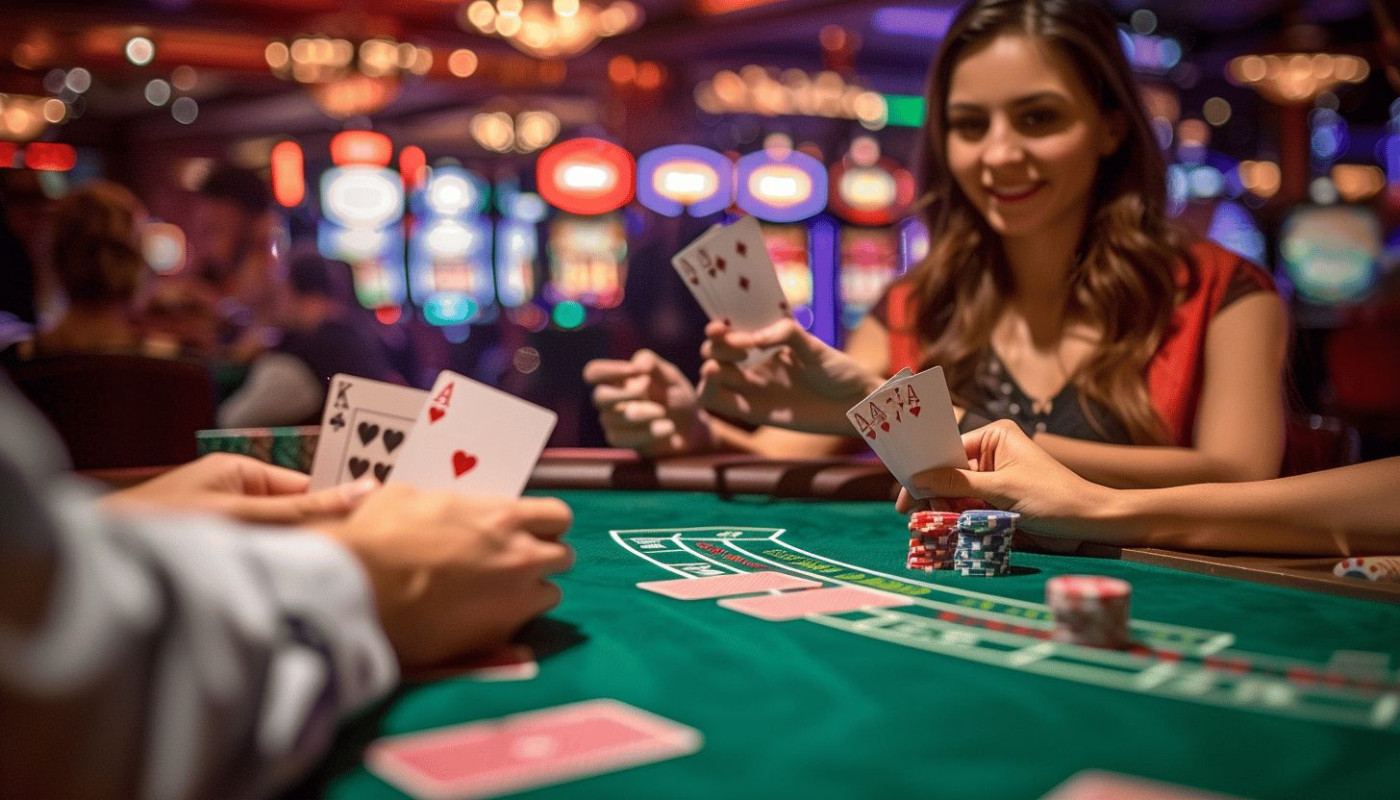Table of contents
There is a complex psychology that lies behind the skill versus chance debate: an ongoing controversy in every sphere from sports to hobbies. This discourse aims at unraveling these complexities, shedding light on how our minds perceive and interpret what we universally identify as "skill" or "chance". Delve into this extensively researched article to demystify various aspects of human cognition associated with judgement, perception, cognitive bias and decision making processes. Comprehending these facets will help us better understand why we often see intense debates revolving around whether certain outcomes are the result of skill or simply down to chance.
The Science Behind Perceptions
Our comprehension of 'skill' and 'chance' are shaped by complex psychological processes. In particular, cognitive psychology – a branch of psychology that studies mental processes including perception, memory, and learning – offers some essential insights into these processes. Notably, Attribution Theory, Expectancy Theory, and Cognitive Dissonance play significant roles in shaping such perceptions.
Attribution Theory, a cornerstone of cognitive psychology, suggests that we tend to attribute our successes to our skills and our failures to chance or external factors. This serves to reinforce our belief in our abilities and maintain our self-esteem. Similarly, Expectancy Theory posits that our motivation and behavior are driven by the expected outcomes, affecting how we perceive skill and chance. The stronger our belief that a successful outcome is based on skill rather than chance, the more motivated we are to engage in that activity.
Finally, Cognitive Dissonance, a concept introduced by Leon Festinger, refers to the discomfort felt when we hold conflicting beliefs or when our actions are not in alignment with our beliefs. Applied to the skill vs. chance debate, cognitive dissonance may arise when our perceived skill does not match the outcome. For instance, if we believe we have a high skill level at a certain game but repeatedly lose, cognitive dissonance can occur.
Understanding these theories not only provides a deeper understanding of our perceptions of skill and chance but also potentially offers strategies to enhance performance and motivation in various fields.
Cognitive Biases Influencing Judgement
In the sphere of Behavioral Economics, our perception and judgement regarding whether a particular outcome is a result of skill or mere chance can often be skewed by cognitive biases. Two of the key biases that exert a profound influence on our judgement are the Confirmation Bias and Hindsight Bias.
Confirmation Bias is a tendency to favour information that confirms our pre-existing beliefs and dismiss information that contradicts them. In the context of skill versus chance, it could lead us to overestimate the role of skill in a successful outcome if we already believe in the person's abilities and underestimate the part played by luck.
Hindsight Bias, on the other hand, is a phenomenon where one overestimates the predictability of an event after it has occurred. This may lead us to believe that a favourable outcome was entirely due to the individual's skill, ignoring the potential contribution of chance. This bias can often distort our perception of the skill versus chance debate and lead to flawed judgements.
With a deep understanding of these biases, a psychologist specializing in Behavioral Economics can add considerable credibility to these observations. Their expertise can help unravel the intricate ways in which our judgement can be biased, thereby fostering a more balanced view of the role of skill and chance in determining outcomes.
A Look at Popular Controversies
From a sociological perspective, the debate between skill and luck has been a subject of heated controversies in various scenarios. Many famous controversy cases have taken center stage in this argument, raising questions on whether the outcome was the result of a particular set of skills or mere chance.
One prime example that has sparked worldwide attention revolves around the world of competitive sports. The question often arises whether an unexpected victory was a direct outcome of an athlete's skills and strategies, or was it simply a lucky break? This illustrates how the skill vs luck debate can permeate and influence societal views on such matters.
A similar controversy can be found in the world of finance and investments. The debate over whether successful investing is a product of skill or chance often leads to divided opinions. Some argue that expert knowledge, keen analysis, and strategic planning are paramount, while others believe that market fluctuations and luck play a significant role.
Lastly, the world of competitive gaming also presents a fertile ground for the skill vs. luck debate. The question often arises; does a player win due to their gaming skills and strategies, or is it just a stroke of good fortune? Again, the views are divided, adding to the rich tapestry of this ongoing discussion.
In conclusion, the skill vs. luck debate continues to be a subject of significant controversy in multiple fields, often driven by the complexities of group dynamics and societal views. Understanding these controversies demands a comprehensive analysis of societal perspectives, shedding light on the intricate balance between skill and luck.



